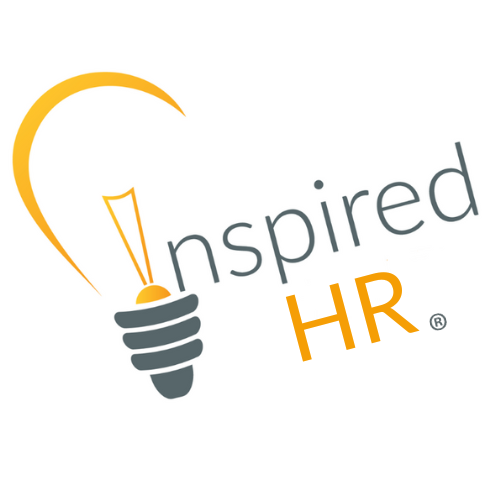Rethinking Recruitment: Nikki’s Insights On Inclusion
As I was driving into Newcastle today, my mind was buzzing with thoughts about an upcoming talk I’m giving to a group of adults looking to enter the workforce. Many of these individuals are neurodiverse, and I found myself reflecting on how recruitment processes have changed over the years and how much further we still need to go.
The Evolution of Recruitment Practices
Having worked in recruitment and HR for 33 years, I’ve seen firsthand how hiring practices have evolved. In the past, candidates were judged on eye contact, body language, handshakes, and even spelling mistakes on their CVs. These traditional markers of “professionalism” often excluded talented individuals simply because they didn’t fit a rigid ideal.
Thankfully, we are now in an era where inclusive recruitment is gaining traction. Employers are realising that diverse teams bring unique strengths and perspectives. However, there is still a gap in awareness, even among HR teams, when it comes to supporting neurodiverse candidates effectively.
Practical Steps Toward Inclusive Recruitment
There are several simple but impactful changes businesses can implement to make their recruitment process more inclusive:
Provide Interview Questions in Advance: Some individuals, especially those with neurodiverse conditions, may struggle to think on the spot. Sharing interview questions ahead of time allows candidates to prepare and showcase their abilities more effectively.
Rethink Traditional Interview Assessments: Rather than evaluating a candidate’s handshake or ability to maintain eye contact, focus on their skills, experience, and potential contribution to the role.
Offer a Pre-Interview Call: A short, informal conversation before the interview can help candidates understand the process, ask for reasonable adjustments, and reduce anxiety. This also allows employers to assess how the candidate communicates in a real-world setting, particularly if the role involves client interactions.
Be Flexible with Application Formats: A CV should be sufficient in most cases. There’s no need for lengthy application forms unless absolutely necessary. Additionally, avoid penalising minor spelling errors, as they could be the result of conditions such as dyslexia. Also, it might be worth thinking whether the application has to be written at all! What about a video or voice note option which includes a link to their LinkedIn bio so you can refer to their previous experience?
These are just a few things that can help your business work towards inclusive recruitment. There’s plenty that you can do and you if want some more please feel free to get in touch with the team!
Supporting Employees Beyond Hiring
Inclusive recruitment doesn’t stop once a candidate is hired.
Employers must also understand what reasonable adjustments look like in the workplace. Providing support tailored to an individual’s needs. Whether that’s flexible work arrangements, assistive technology, or clear communication preferences ensures that neurodiverse employees can thrive.
This is an area our specialist arm Inspired Minds works in, offering guidance to businesses and individuals alike. We help employees understand their strengths, challenges, and adjustments that can create a level playing field in the workplace.
Inclusive recruitment isn’t about lowering standards. It’s about removing unnecessary barriers so every candidate has a fair chance to succeed. By making small but meaningful changes to hiring practices, businesses can tap into a wider talent pool and create more diverse, innovative teams.
If your business needs support in making recruitment more inclusive or understanding reasonable adjustments, we’re here to help. Get in touch with us to learn more about how we can support your journey toward a more inclusive workplace.

